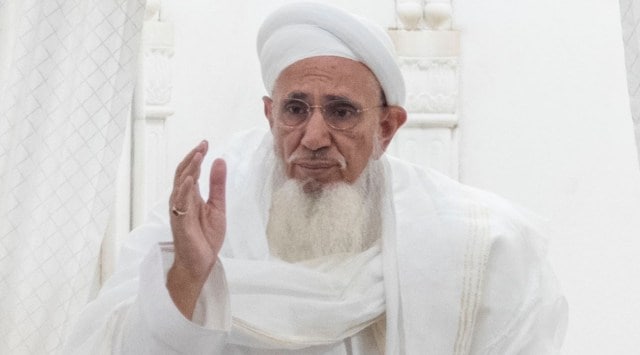Bengaluru, KARNATAKA:
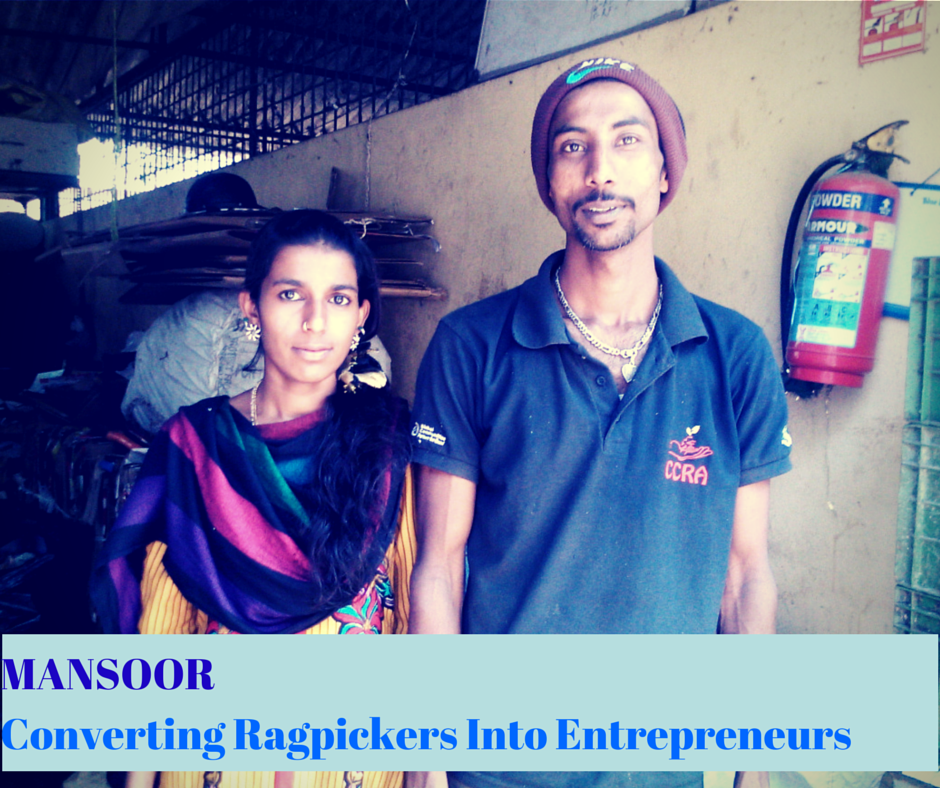
Using technology and people management skills, read how Mansoor is making waste collection a well organized profession. Thanks to his efforts, Bengaluru now sees ragpickers with ID cards, fresh uniforms and better incomes.
Using technology and people management skills, read how Mansoor Ahmed is making waste collection a well organized profession. Thanks to his efforts, Bengaluru now sees ragpickers with ID cards, fresh uniforms and better incomes.
“The waste pickers’ community is very enterprising. If their entrepreneurial skills are channelized and steered in the right direction, they can work wonders,” says Mansoor . “Not only will this put fellow waste pickers on the right path of hard work and integrity, but it will also be an opportunity to include them in the mainstream economy.”
He believes that one man can only do so much to solve the garbage crises of the city. The idea is to involve the entire community in problem solving. On the one hand, Bengaluru citizens are keenly looking for a solution to the garbage menace, while on the other hand there is tremendous energy to be unlocked in the waste picker community who can come to their rescue.
“My father started as a scrap dealer around 30 years ago. ‘Segregation’ was an alien word then. However, he used to promote the practice like we do today. He is no more but I am inspired by him and want to do the same,” he says.
Mansoor, who operates the Dry Waste Collection Centre in ward 168 of Jayanagar in Bengaluru, is not just another somebody who manages the city’s waste, but a trained scrap dealer trying to bring about change much beyond his job description.
Thanks to Mansoor, ward number 168 is now emerging as a systematic waste collection system, with a team of collectors and sorters who ensure that the waste is responsibly recycled and not dumped in a land-fill.
“When I was a kid, I would help my parents in waste collection and sorting. We used to manage around 500 kgs of waste every month,” he remembers. Today, his vision is beyond just numbers.
Mansoor’s dream of better waste management and giving a better life to waste pickers went one step forward when he got associated with HasiruDala, a Bangalore-based NGO that works with the city waste pickers. They not only gave him the initial support but also helped him scale up with financial aid, when required.
Today, Mansoor has a team of 10 sorters & collectors at the Jayanagar Dry Waste Collection Centre. He manages the inventory of 10-12 tons of dry waste every month and sorts the same in 72 different categories before it goes for recycling.
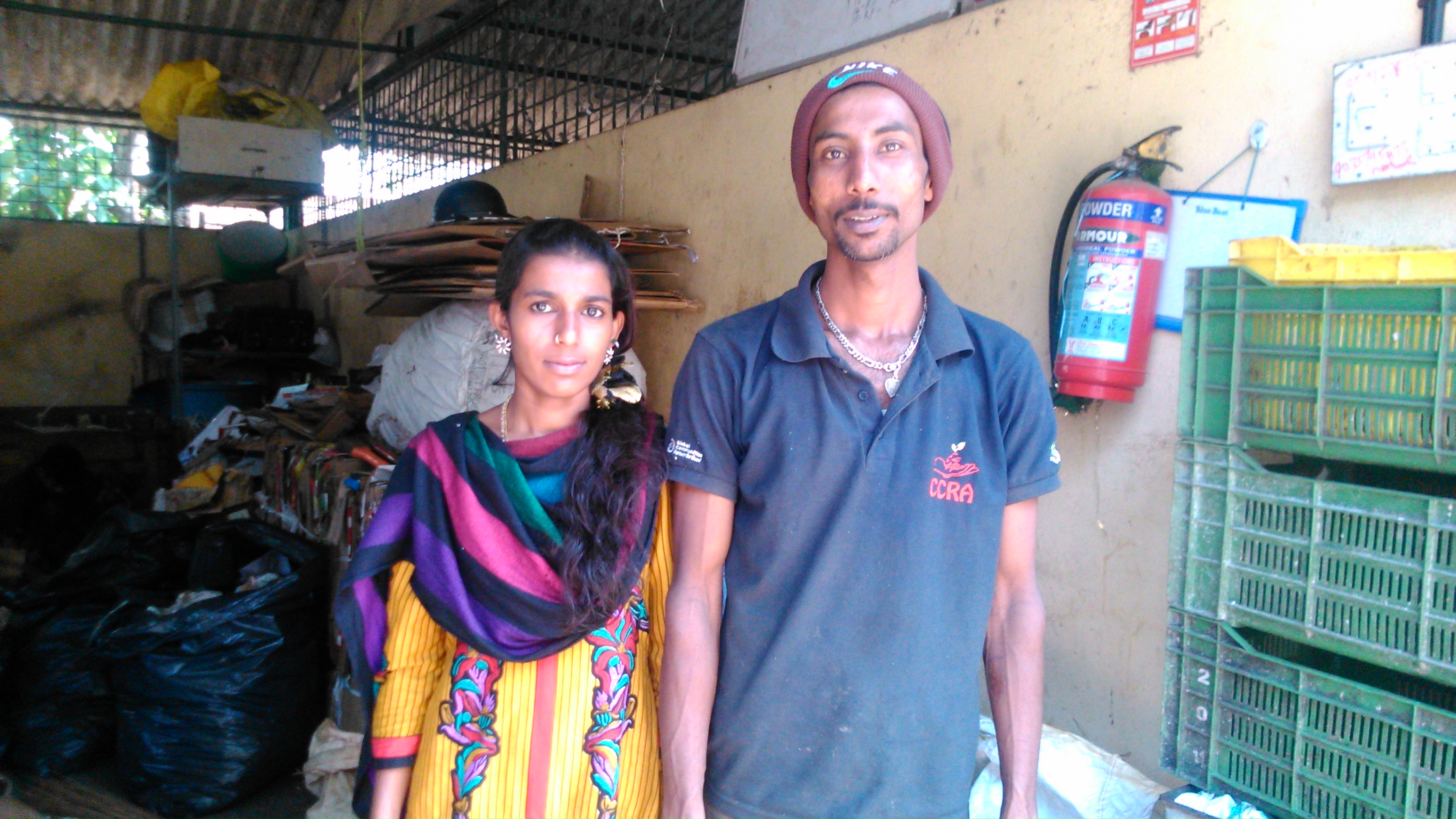
But Mansoor does not stop just by adding value to waste. He also aims to make a scrap dealers’ cooperative which will play a role in creating a fair price marketplace, provide access to transparent data and geo-tag scrap dealers as the first point of sale for household waste.
He coined the brand name Clean City Recyclers Association (CCRA), and has MBA graduates assisting him in implementing his plans.
Reaching to this scale wasn’t easy for him. He had no stable source of income to support the operations or pay salary to the workers he had hired. HasiruDala came to the rescue and helped him stabilize operations. “Gradually, I got hold of things and today this centre is self-sustainable,” he says.
“Waste collection should not be considered as petty work. Thanks to HasiruDala, people don’t look down upon my work & have respect for what I do. HasiruDala has also provided ID cards to fellow waste pickers and a good uniform. It feels like we are all a part of something good.” he says.
Talking about the impact of his work, he has seen a tremendous positive change in the lives of the sorters and his team mates.
“People would sometimes be very careless while disposing the waste. They would mix wet and reject waste also in the dry category. This made our centre an unhygienic place to work. We later stopped collecting waste if it wasn’t segregated properly”.
Thanks to his hard work in spreading awareness, 75 percent of his customers are now segregating at source.
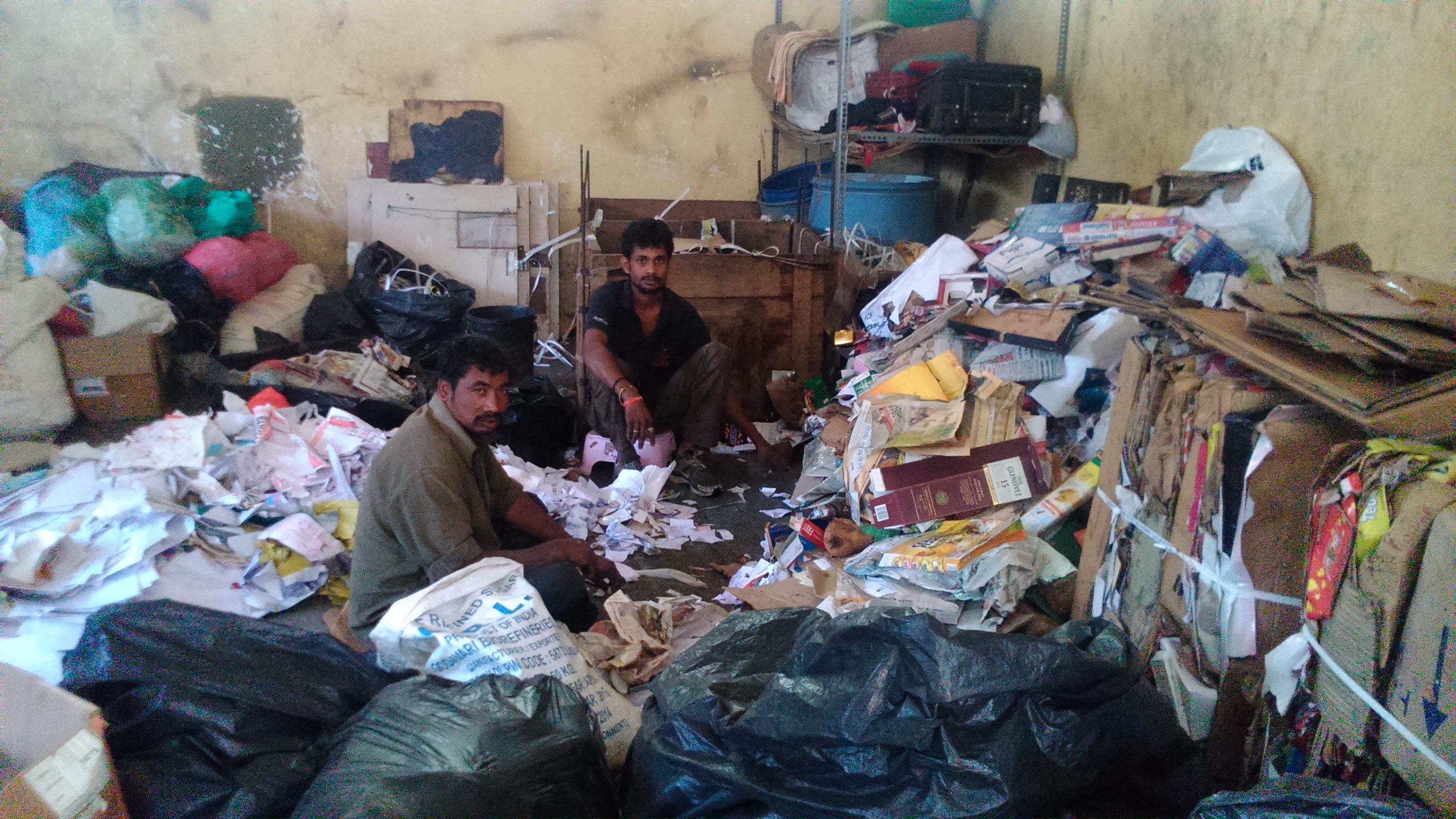
Apart from altering people’s mindset towards waste, Mansoor has made an impact in his work force as well. We learned that one of his new recruits, Arunachalam, who was a waste picker and an alcoholic, also had an unattended serious leg injury. From the day he has started working with the team, his condition has improved significantly, he earns more than what he used to and is now on a healthier diet towards recovery.
“Though I am still learning, I have realized that technology has a role to play. I Got Garbage team has developed android apps for managing our daily operations making it much easier than ever before. It helps us keep track of waste pick-ups, waste inventory and more,” says Mansoor.
Satyam Gambhir, client partner – Social Inclusion at Mindtree Ltd. adds, “At I Got Garbage, our focus is on waste picker livelihood and building solutions on the cloud platform that are repeatable and scalable. In Mansoor we see a long-term strategic partner, his unrelenting dedication and expertise has been instrumental.”
Mansoor is the chosen partner with I Got Garbage, a Mindtree initiative that positions waste pickers as recycling managers. I Got Garbage, along with Mansoor, is piloting a project ‘Donate Dry Waste’ in some parts of Bengaluru.
As Mansoor describes it, “Every waste picker will have a well-branded Rickshaw, a uniform and a smart phone, and will be put on-route to collect segregated dry waste from households and apartments.”
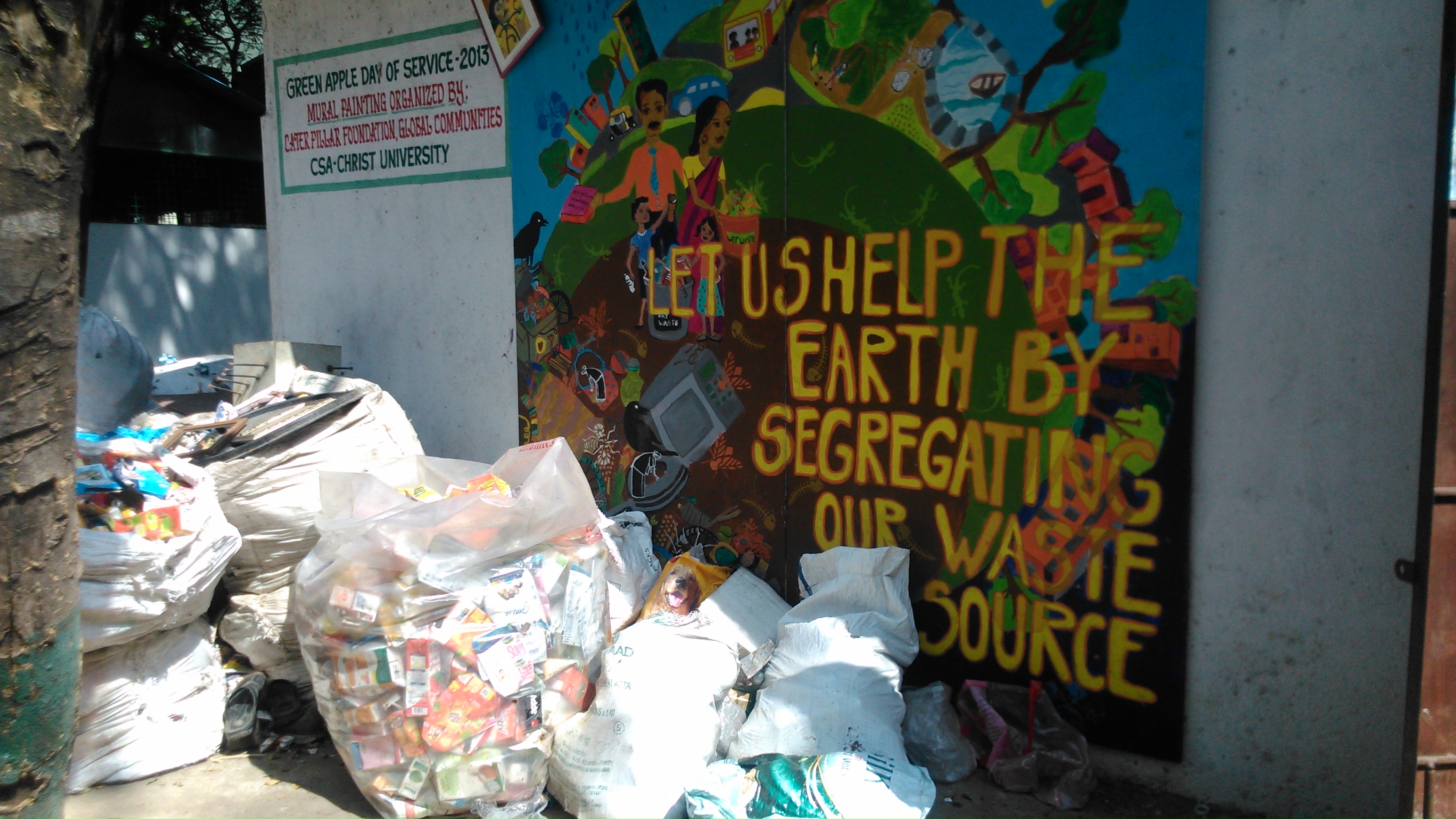
“Currently, waste pickers are at the end of the chain, scavenging for waste on the street. They venture out on roads during odd hours of the day in hope of getting sufficient waste to make ends meet. We intend to place them at the beginning of the waste supply chain, i.e. at the source, like your house and mine,” says Gambhir.
He envisions a day when waste pickers will turn into waste managers, collect segregated waste from households on a weekly basis in a uniform, and wants to formalize the same; and Mansoor plays an important role in making this happen.
Mansoor and his unique people management skills have enabled waste pickers to earn Rs. 9,000 to Rs. 12,000 per month, which is far more that what they do while working informally and scavenging on the street for recyclables.
With Mansoor’s amazing enthusiasm and willingness to see change in the society, we definitely hope to see the much ignored sector getting its due credit.
source: http://www.thebetterindia.com / The Better India / Home> English> Bengaluru> Changemakers – Waste Management / by Shreya Pareek / February 19th, 2015
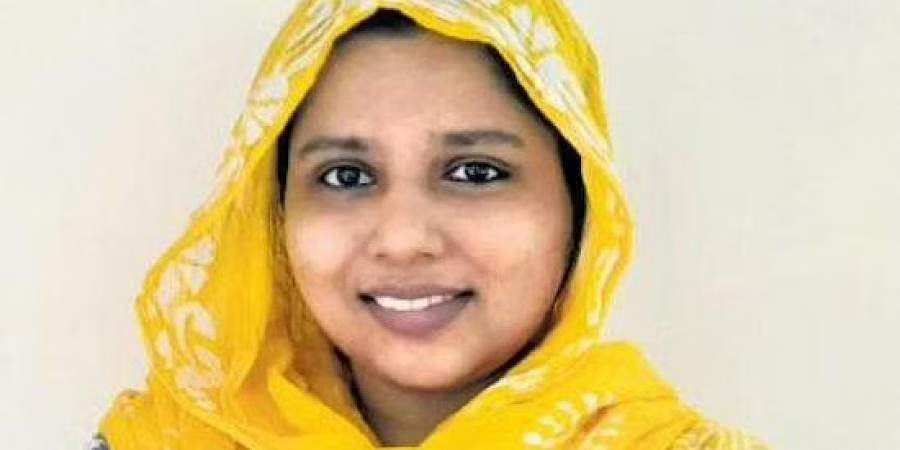
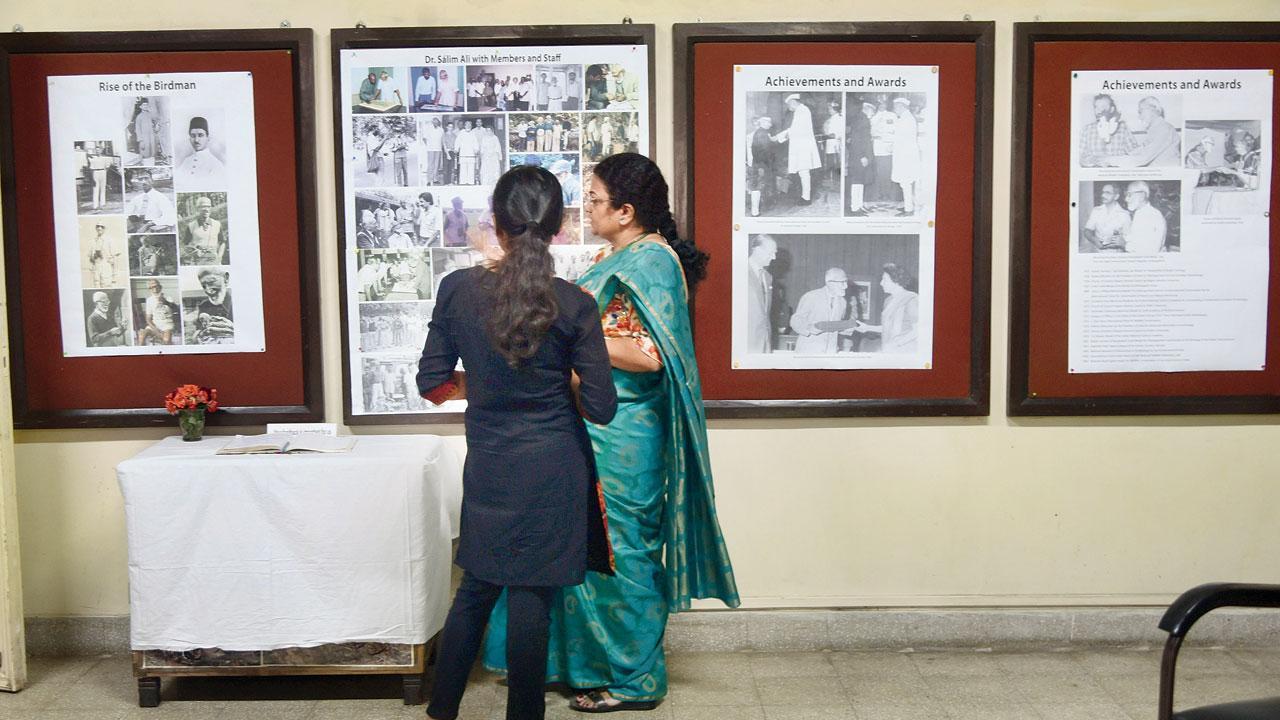
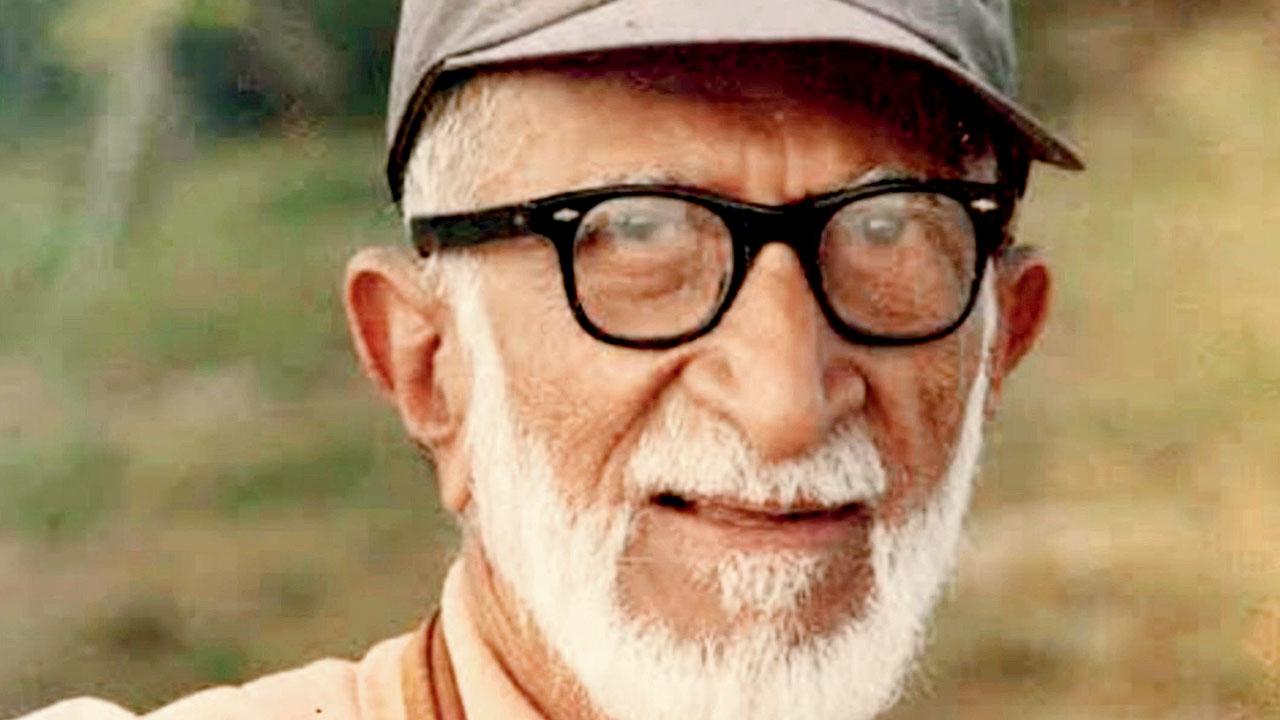
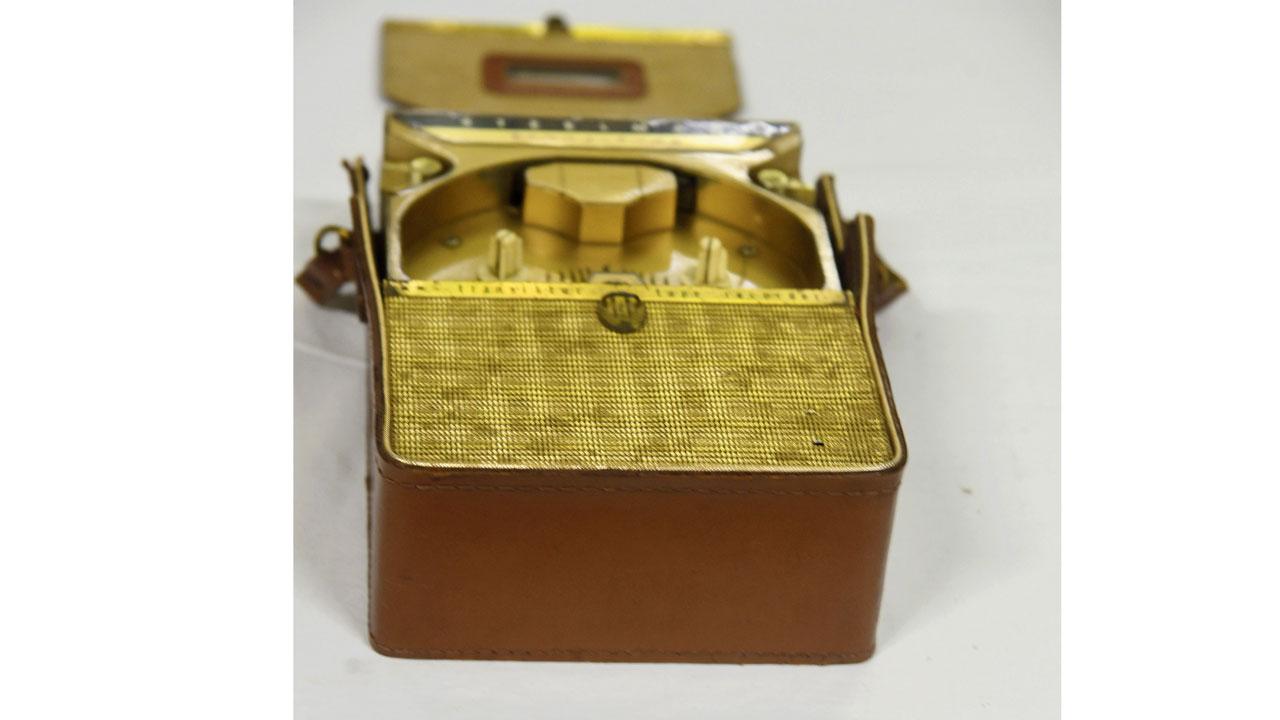
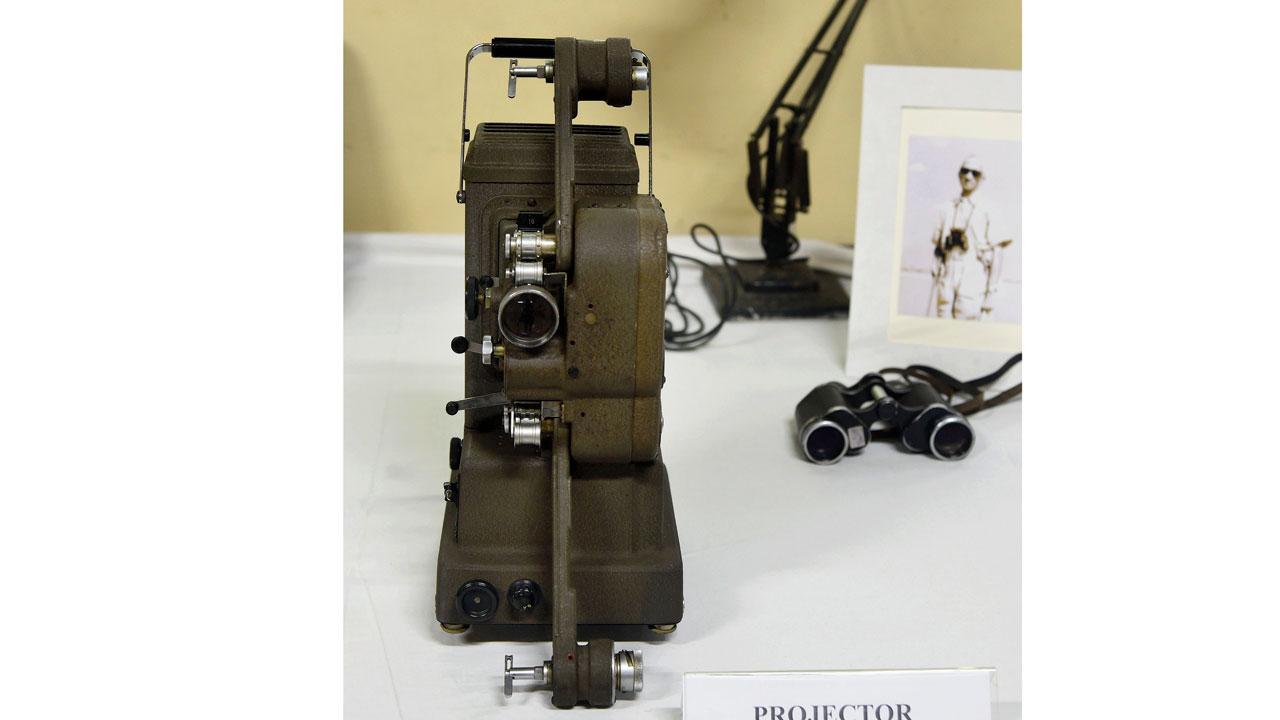
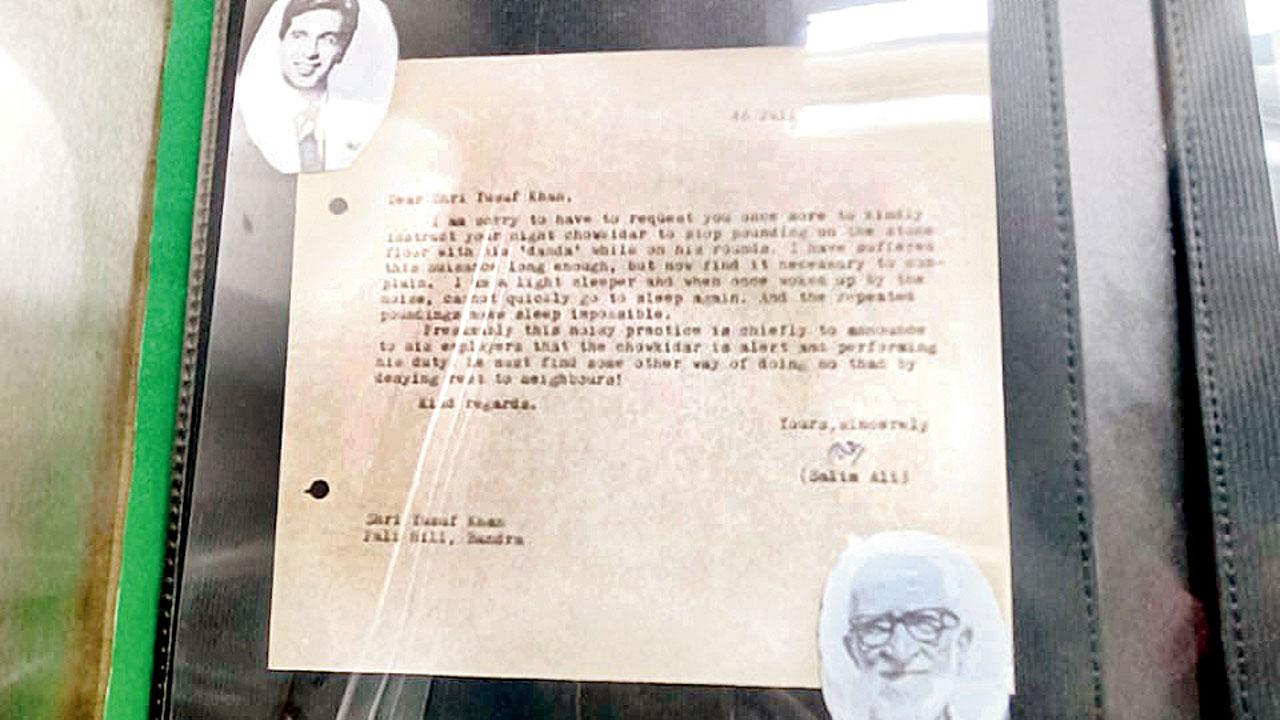
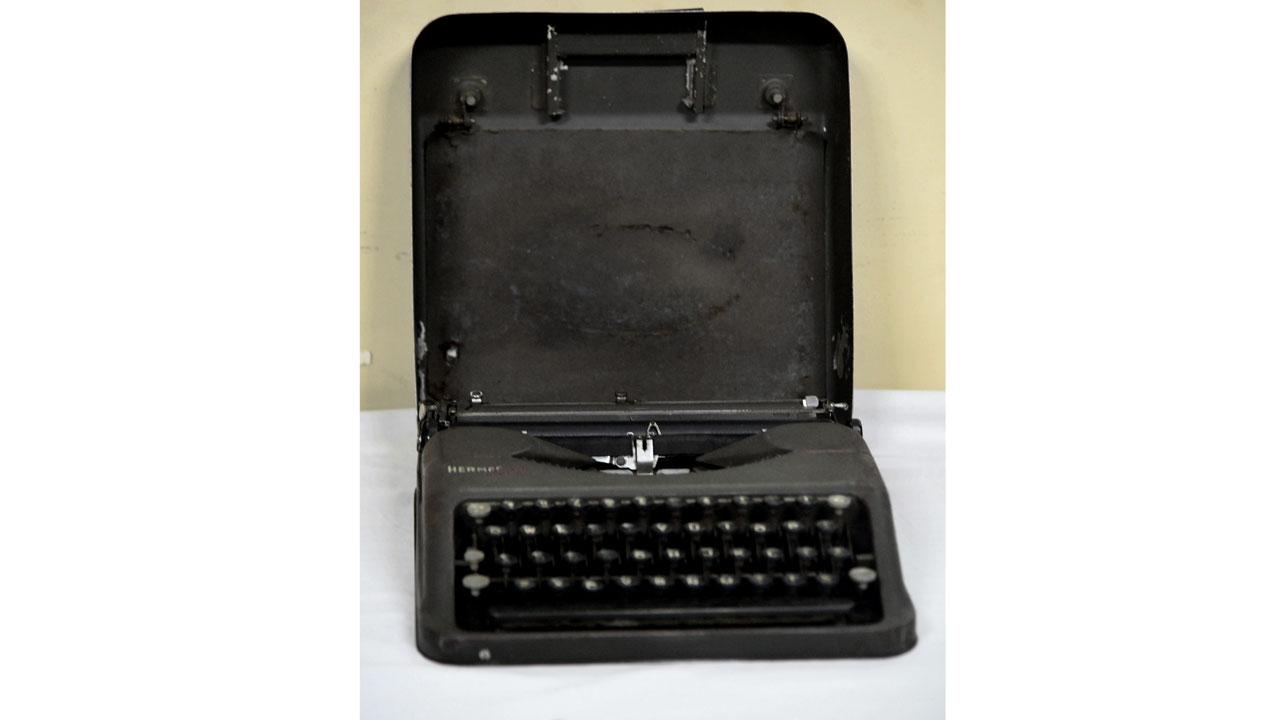
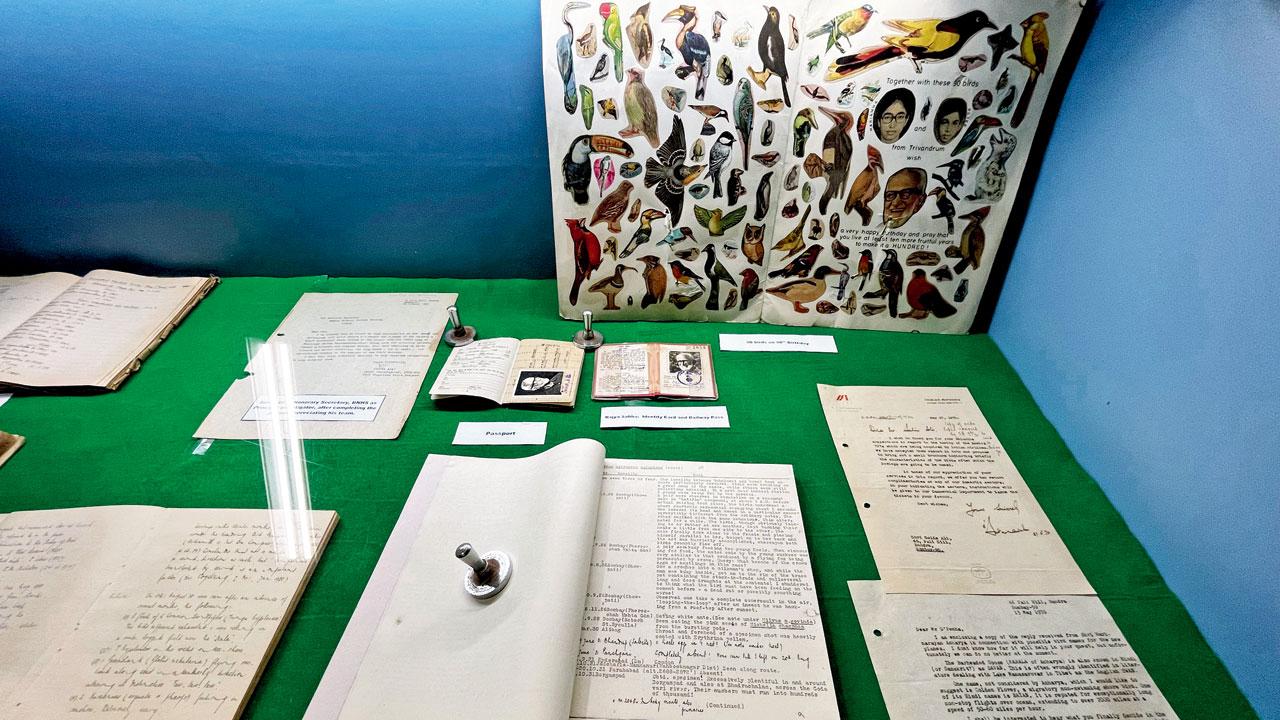
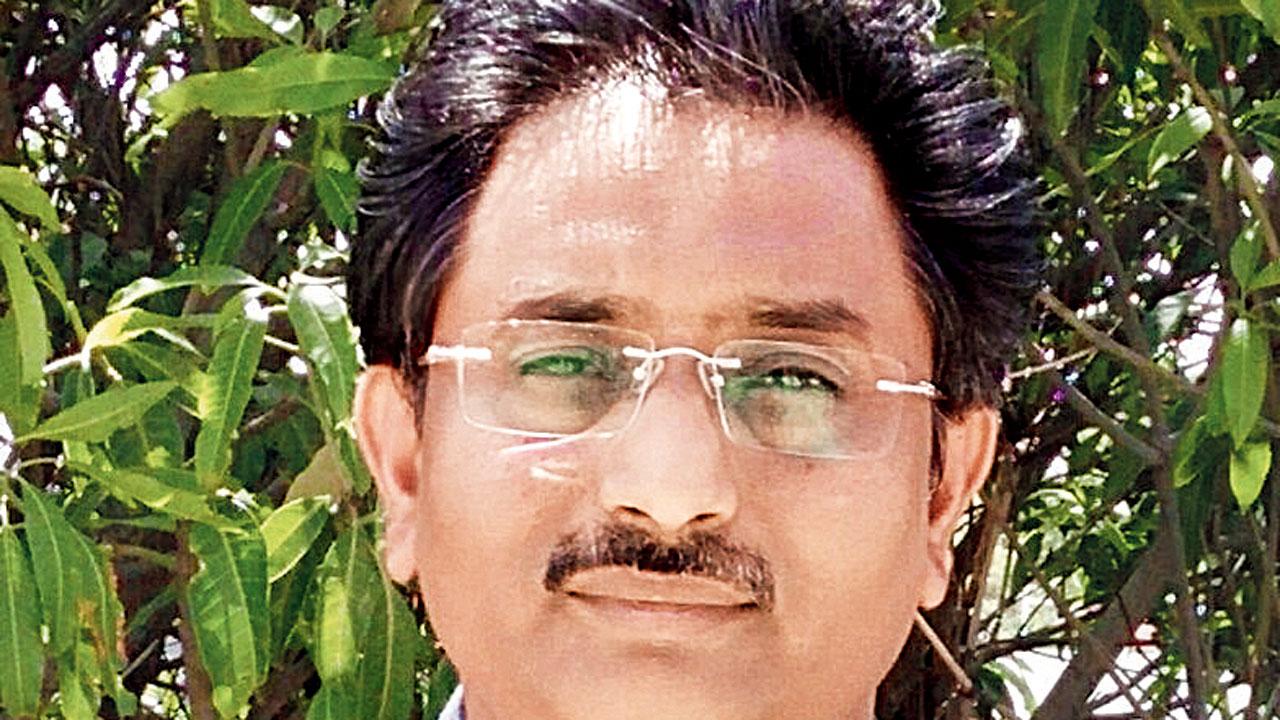


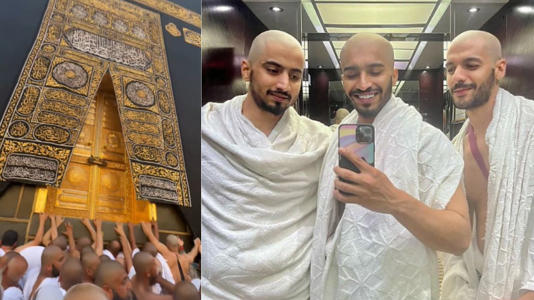
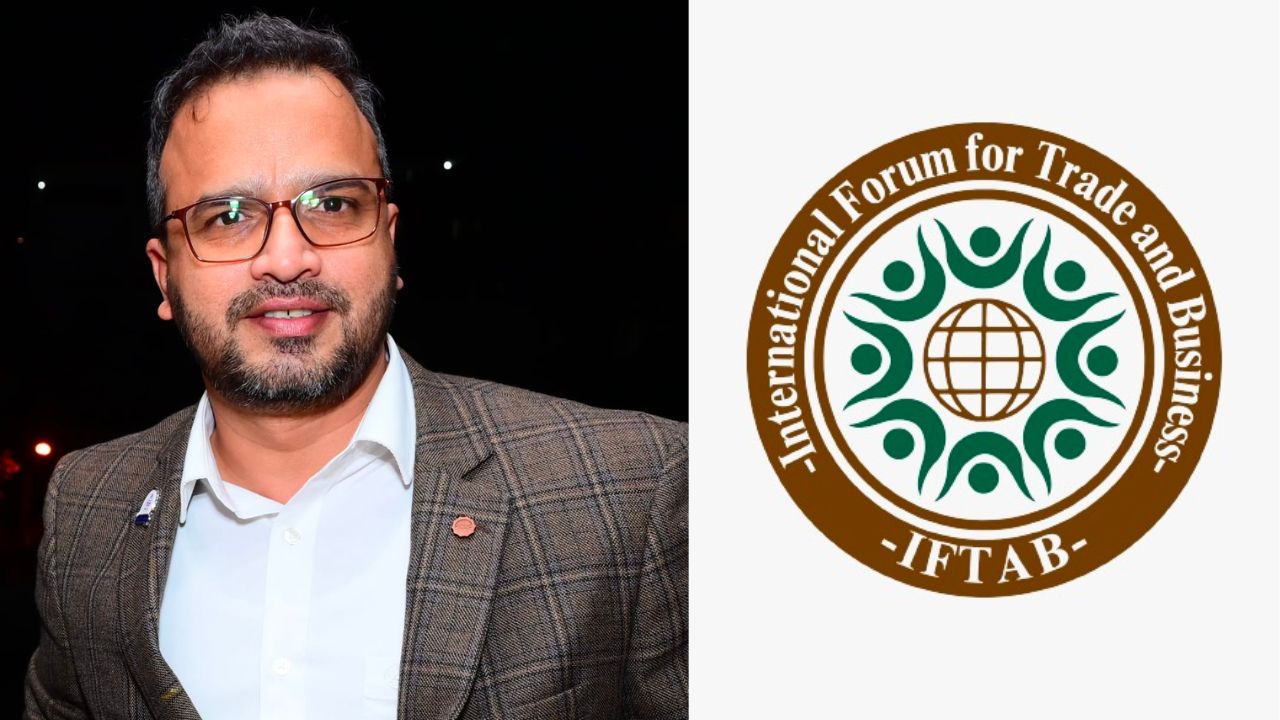
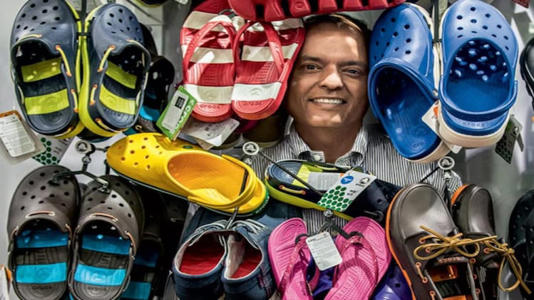
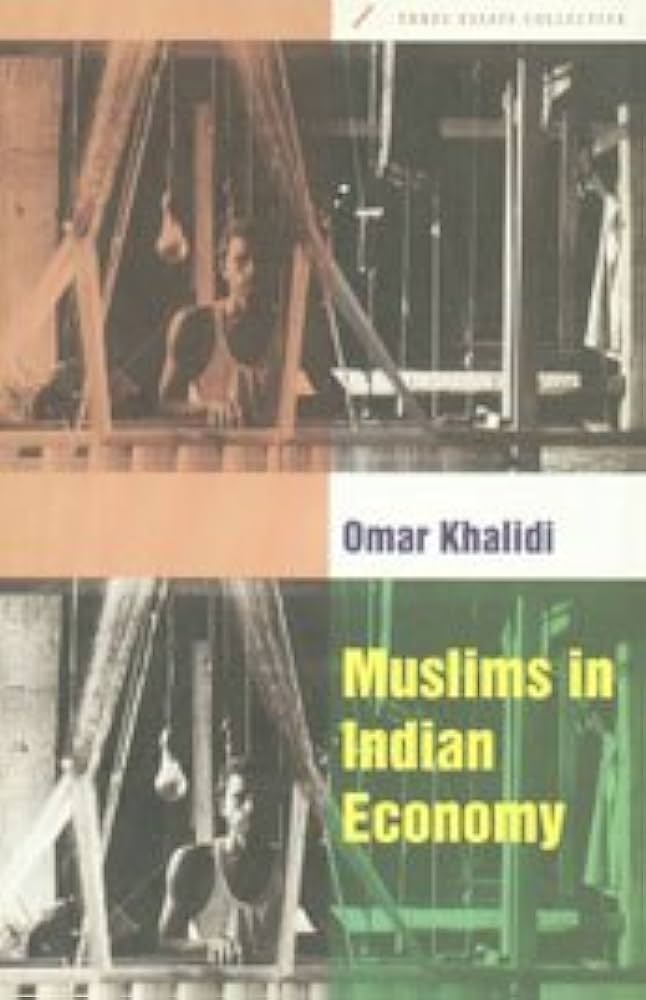
:quality(70)/cloudfront-eu-central-1.images.arcpublishing.com/thenational/6SURHLI3U5GFHIKZAHWPTRSI7Y.jpg)
:quality(70)/cloudfront-eu-central-1.images.arcpublishing.com/thenational/NMJCTTFTNFA4LG63XQWZD3FJZM.jpg)
:quality(70)/cloudfront-eu-central-1.images.arcpublishing.com/thenational/KIUTISW4DFCIJIZZWPSWFNBO7M.jpg)
:quality(70)/cloudfront-eu-central-1.images.arcpublishing.com/thenational/WK4SP6572FDITEWC3ZFRW4BJMQ.jpg)
:quality(70)/cloudfront-eu-central-1.images.arcpublishing.com/thenational/FQN33UZUQBBHFFOMZBUUHNUZRE.jpg)
:quality(70)/cloudfront-eu-central-1.images.arcpublishing.com/thenational/TQMPVWCPANB3TBZO3ZLBNJDYLY.jpg)
:quality(70)/cloudfront-eu-central-1.images.arcpublishing.com/thenational/XEMAS2AQCRCHHJFMFYRWXRCFSE.jpg)
:quality(70)/cloudfront-eu-central-1.images.arcpublishing.com/thenational/MZL6F5Q2ZZCWFCI5VHCGX3SYH4.jpg)
:quality(70)/cloudfront-eu-central-1.images.arcpublishing.com/thenational/PUNDIPNOZFDMBOW2RXK5I7E6LY.jpg)
:quality(70)/cloudfront-eu-central-1.images.arcpublishing.com/thenational/VSAVCCM56RGUPC7CH7QPSPAOIU.jpg)
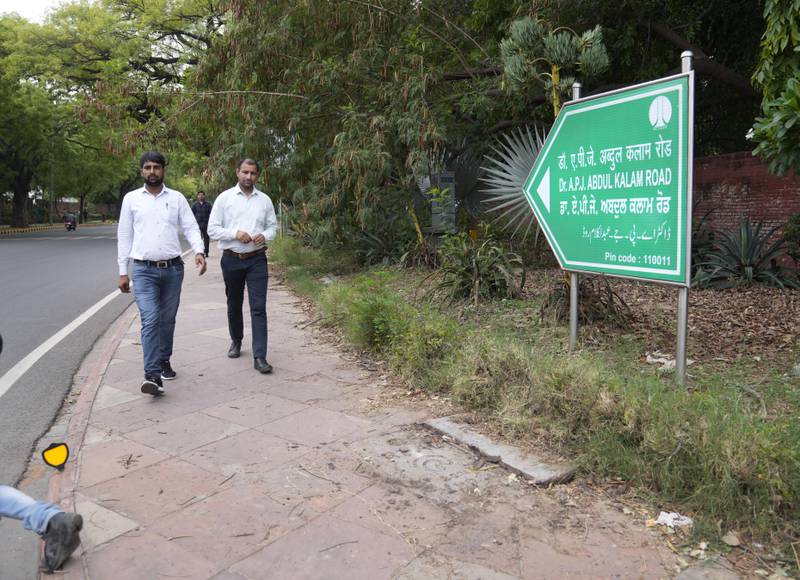
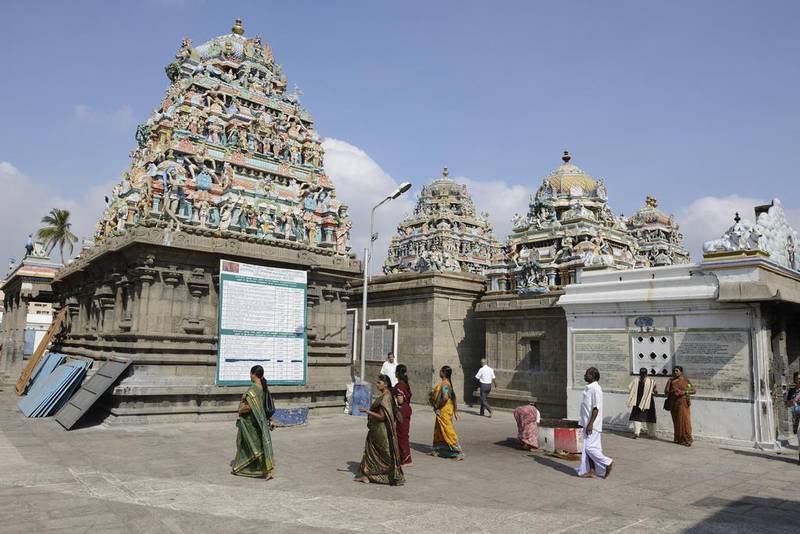
:quality(70)/cloudfront-eu-central-1.images.arcpublishing.com/thenational/DK66JSEL3NH63PKODJVBAKGCEU.jpg)
